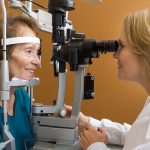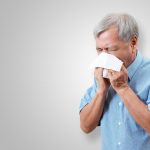
Psilocybin could help people suffering from a mental health problem that can lead to eating disorders, a new study suggests. Psilocybin, the active chemical in “magic” mushrooms, significantly reduced symptoms in people with body dysmorphic disorder (BDD), researchers reported Sept. 24 in the journal Psychedelics. BDD causes an obsessive preoccupation with perceived flaws in one’s physical appearance, and is frequently tied to eating disorders and other unhealthy behaviors, researchers said. For this pilot trial, eight people with hard-to-treat BDD received a single 25-milligram dose of psilocybin. Brain scans showed that the psilocybin treatment increased levels in connectivity between different brain regions related to emotional processing, cognitive activity and feelings and thoughts about oneself. People who had the greatest strengthening in these connections experienced the most improvement in their BDD symptoms within a week, results show. The findings “align with a growing body of evidence indicating that psychedelic compounds like psilocybin can promote mental health by enhancing the brain’s capacity for flexibility and integration,” concluded the research team led by Chen Zhang, a research assistant with the New York State Psychiatric Institute. “By facilitating communication within and between brain networks that are often dysregulated in psychiatric disorders, psilocybin may help restore more adaptive cognitive and emotional functioning,” the research team said in a journal news release. However, more studies in larger groups of people with BDD… read on > read on >












-150x150.jpg)





